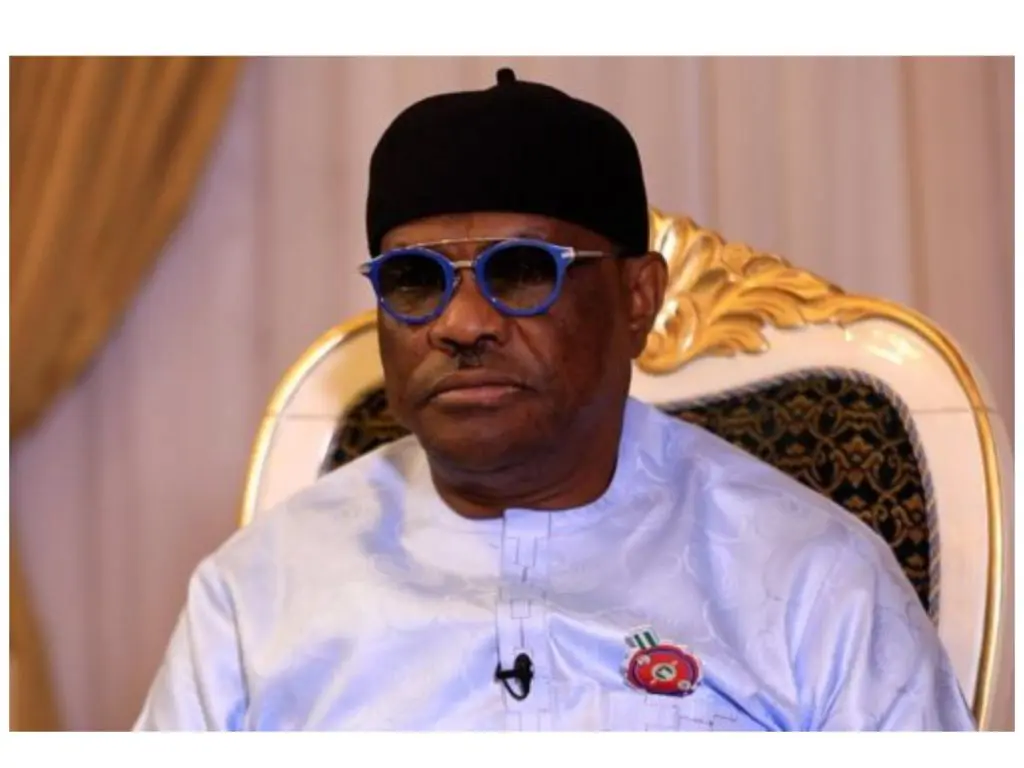The Minister of the Federal Capital Territory and former Rivers State Governor, Nyesom Wike, has sparked widespread criticism following his public celebration of his son’s graduation from a foreign university. Wike, who shared the joyous occasion on his X (formerly Twitter) account, has drawn the ire of many, particularly Rivers State indigenes, who accuse him of hypocrisy and insensitivity.
The controversy finds its roots in a decision made during Wike’s tenure as Rivers State governor. Shortly after assuming office in 2015, Wike discontinued the Rivers State Sustainable Development Agency (RSSDA) scholarship program. The initiative, introduced by his predecessor, Rotimi Amaechi, had sent numerous Rivers students to study abroad. Wike’s decision left many students stranded, with families bearing the emotional and financial burdens of an abrupt end to their dreams.
Critics argue that Wike’s justification for halting the program—that funds could be better utilized within Nigeria—rings hollow in light of his decision to sponsor his own son’s international education.
Adding fuel to the fire, an old interview featuring Wike on Channels Television’s Sunrise Daily has resurfaced. In the clip, Wike stated that courses such as law should be studied in Nigeria, not abroad. Ironically, his son’s recent graduation is in law from a foreign institution, a contradiction that has not gone unnoticed.
Port Harcourt-based youth activist Charles Jaja strongly criticized Wike, labeling the act as hypocritical. “Years back, former Governor Wike pulled out all Rivers children sent abroad to study at various foreign universities by Rotimi Amaechi’s administration. Today, he’s celebrating his son’s graduation in the UK. Is this not hypocrisy in all ramifications?” Jaja questioned.
The termination of the RSSDA scholarship program had far-reaching implications for Rivers students. Many were unable to complete their studies abroad, forcing them to abandon academic pursuits or restart their education in Nigeria. For affected families, the experience remains a source of frustration and disillusionment with governance.
Critics like Jaja have gone as far as framing the episode as an injustice, accusing Wike of depriving Rivers youths of opportunities while affording the same privileges to his own family.
The backlash against Wike highlights the enduring frustrations of governance in Nigeria, where public officials are often accused of prioritizing personal interests over public welfare. The timing of the controversy, coinciding with Wike’s current role as a minister, has intensified calls for accountability.




